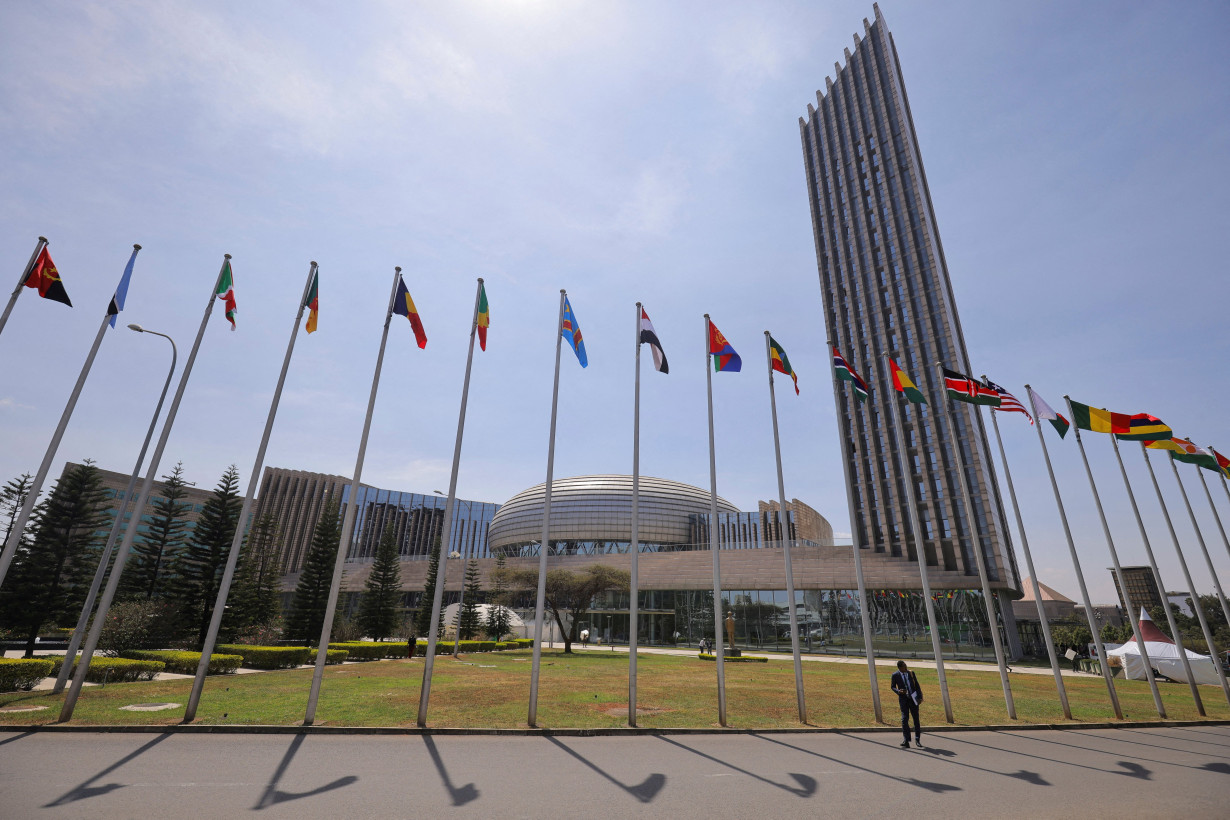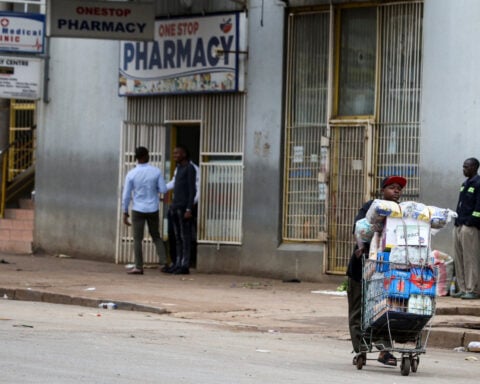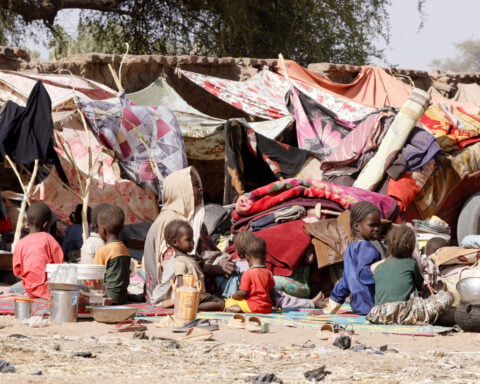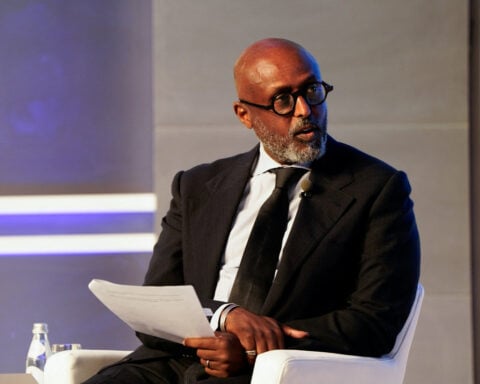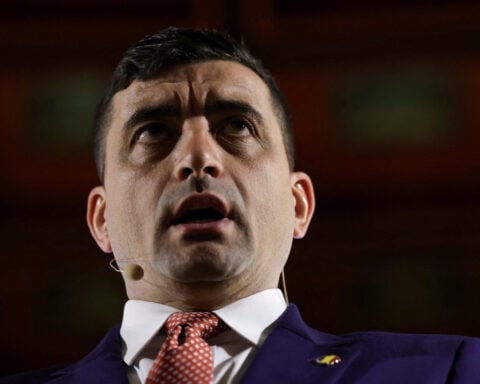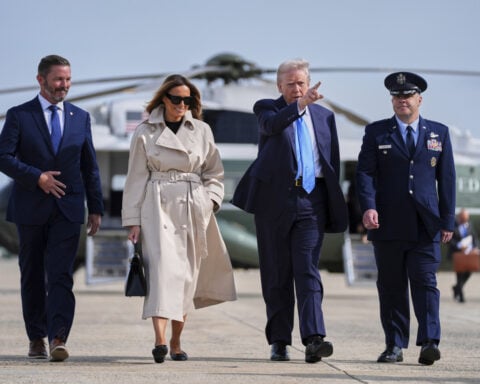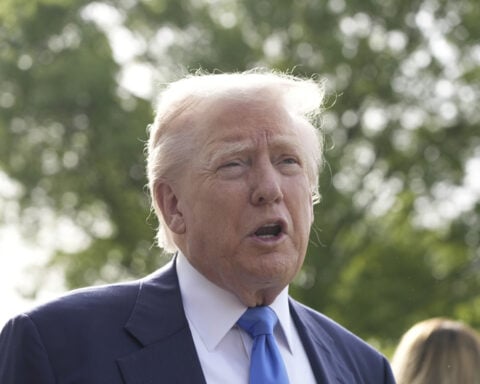By Catarina Demony
LONDON (Reuters) - The rise of right-wing populism in Europe and elsewhere should not prevent Africa from bringing reparations for transatlantic slavery and colonialism to the table, the head of the African Union's (AU) diaspora division said.
"There is no better time as this to discuss the issue of reparations as Africans ... irrespective of the various issues going on that may seem intimidating," the official, Angela Naa Afoley Odai, told Reuters in an interview on Tuesday.
Others, including the president of the African island nation of Cape Verde, Jose Maria Neves, previously said the growth of right-wing populism has made it difficult to hold a serious debate over reparations.
Neves said debating the issue in the "public arena" could potentially lead to more political polarisation in European countries formerly involved in slavery and colonialism, such as Portugal, France and Britain.
While the issue of reparations has gained momentum worldwide, so has the backlash. U.S. President Donald Trump has said he "doesn't see it happening," and many of Europe's leaders have opposed even talking about reparations.
African leaders launched a new push for reparations in February, and say they will set out their own plan of what reparations may look like, from financial compensation and formal acknowledgement of past wrongs to policy reforms.
The AU said in a statement that reparations could involve "diplomatic pressure or legal actions at international courts".
Afoley Odai said diplomatic pressure would stem from the work the AU was doing, including with the Caribbean, to "build a united front" involving both those who live on the continent and the African diaspora.
She said ongoing links between the African Union and the European Union, from summits to partnerships, would be used to push for reparations.
Opponents of reparations argue, among other things, that contemporary states and institutions should not be held responsible for their past.
But advocates say action is needed to address the legacy of slavery and colonialism, such as systemic and structural racism, and say that contemporary states still benefit from the wealth generated by hundreds of years of exploitation.
(Reporting by Catarina Demony; Editing by Leslie Adler)

 Trump has begun another trade war. Here's a timeline of how we got here
Trump has begun another trade war. Here's a timeline of how we got here
 Canada's leader laments lost friendship with US in town that sheltered stranded Americans after 9/11
Canada's leader laments lost friendship with US in town that sheltered stranded Americans after 9/11
 Chinese EV giant BYD's fourth-quarter profit leaps 73%
Chinese EV giant BYD's fourth-quarter profit leaps 73%
 You're an American in another land? Prepare to talk about the why and how of Trump 2.0
You're an American in another land? Prepare to talk about the why and how of Trump 2.0
 Chalk talk: Star power, top teams and No. 5 seeds headline the women's March Madness Sweet 16
Chalk talk: Star power, top teams and No. 5 seeds headline the women's March Madness Sweet 16
 Purdue returns to Sweet 16 with 76-62 win over McNeese in March Madness
Purdue returns to Sweet 16 with 76-62 win over McNeese in March Madness
